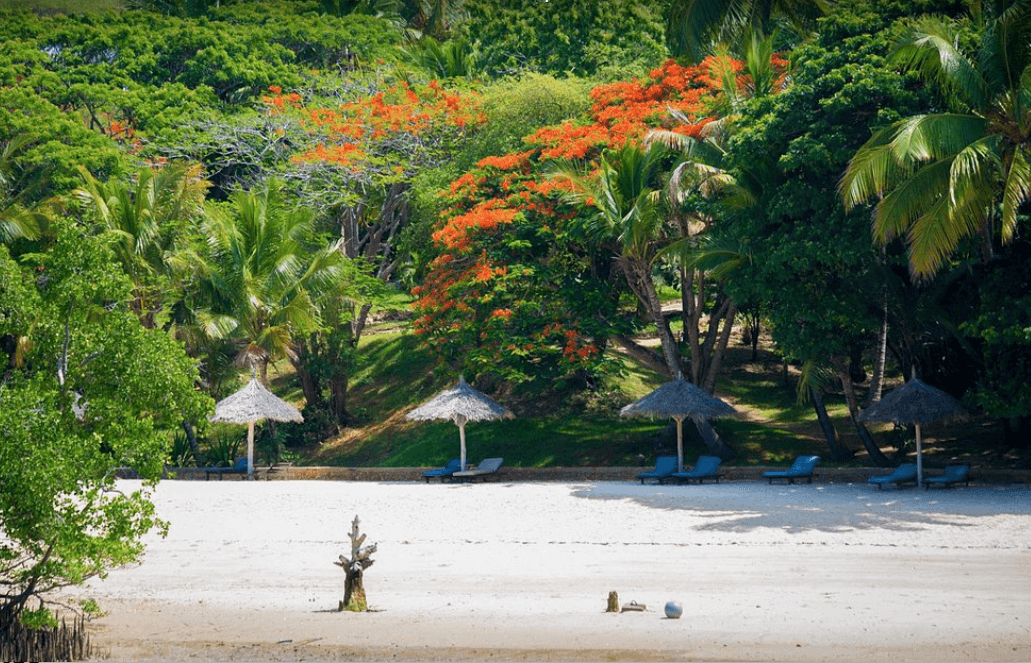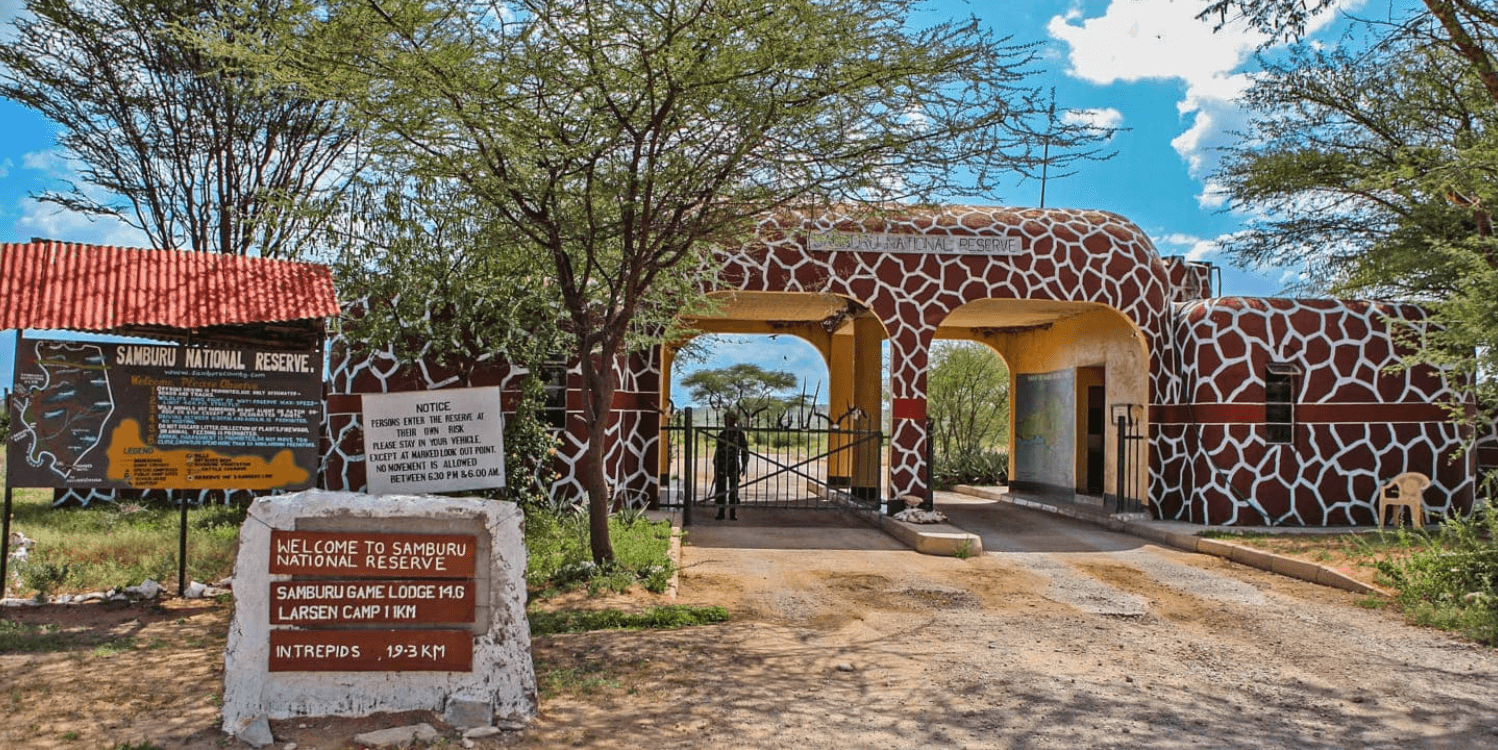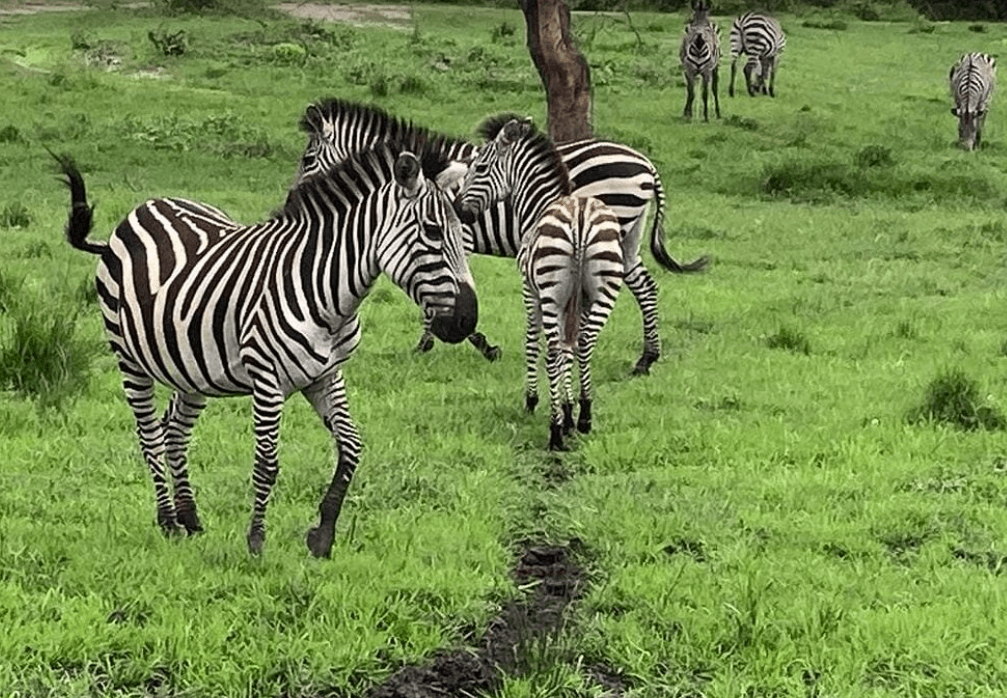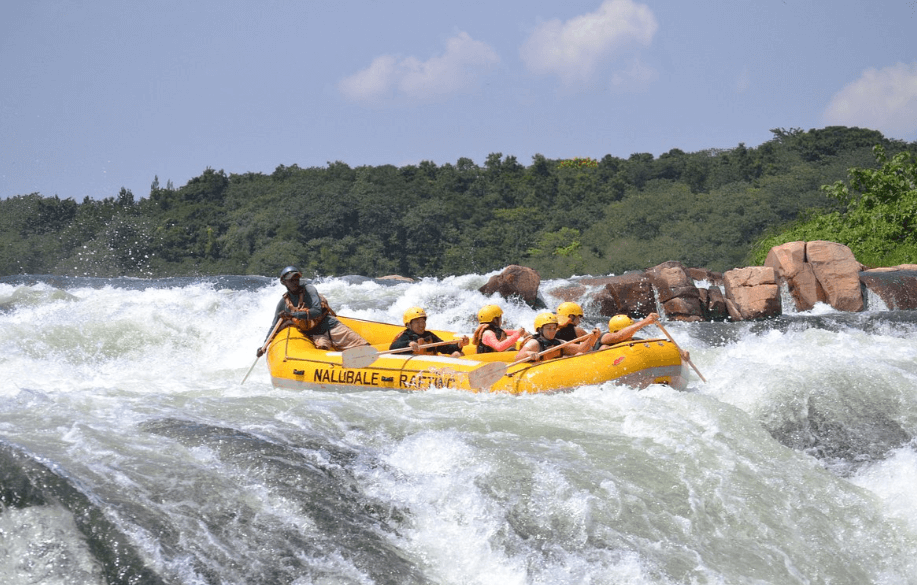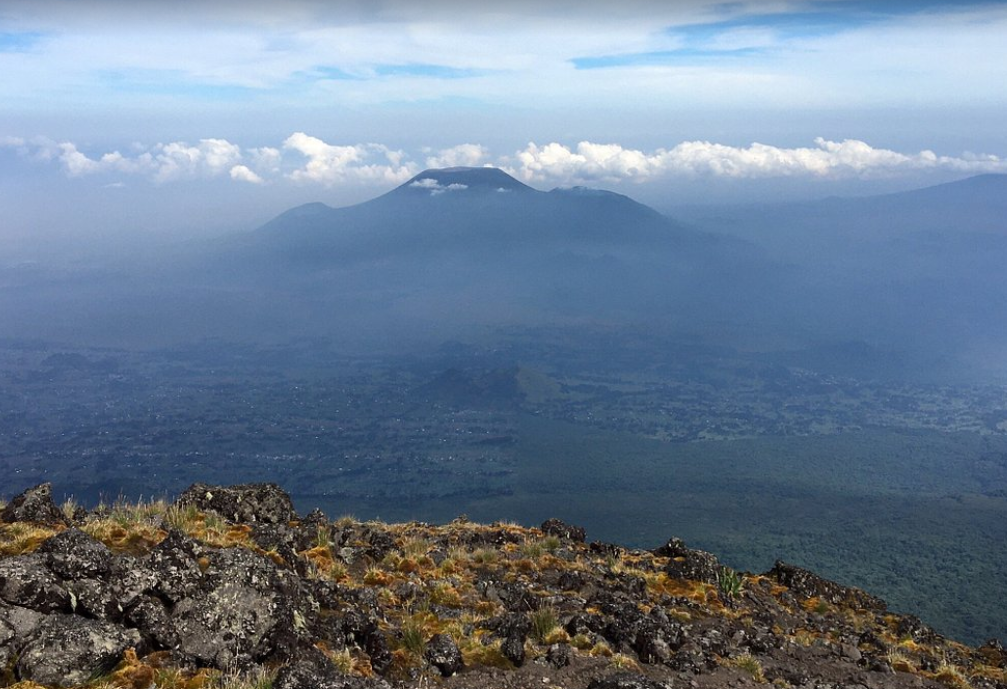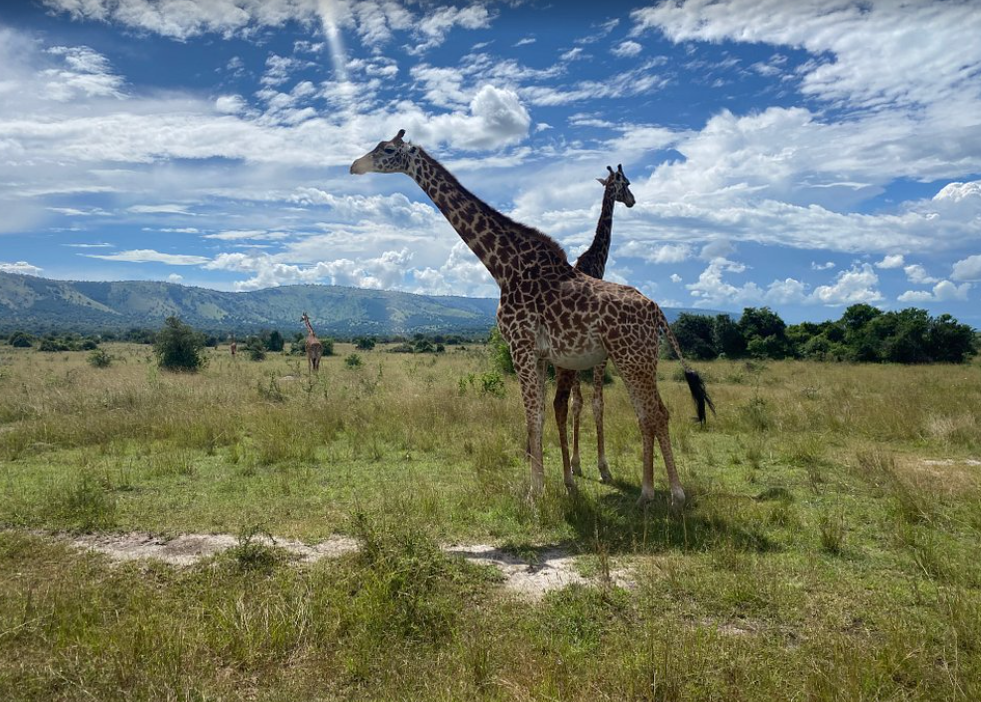Lake Naivasha National Park, Kenya: A Pristine Freshwater Paradise
Lake Naivasha National Park in Kenya is a spectacular freshwater destination and a hidden gem within the Great Rift Valley. Known for its tranquil beauty, Lake Naivasha is not just one of Kenya’s most beautiful lakes; it also supports a vibrant ecosystem of flora and fauna. With a surface area that varies between 139 and 189 square kilometers depending on seasonal rainfall, Lake Naivasha is surrounded by diverse landscapes, including swamps, forests, and savannahs, creating a unique environment for wildlife and nature enthusiasts alike.
Whether you’re interested in birdwatching, boat safaris, or just relaxing by the water, Lake Naivasha offers a refreshing escape from the busier safari parks of Kenya. Located just a couple of hours from Nairobi, the park’s accessibility and natural beauty make it a popular destination for both local and international visitors.
Background and Size of Lake Naivasha National Park
Lake Naivasha is a Ramsar Site, meaning it’s recognized for its importance as a wetland of international significance. The lake itself is a freshwater lake situated at an altitude of 1,884 meters above sea level, making it one of the highest in the Great Rift Valley. Its depth varies, with an average of around 6 meters, but it can reach up to 30 meters in certain parts, particularly near Crescent Island.
This area has a rich history and has supported human life for centuries. Archaeological evidence shows that early human settlements existed around the lake, thriving on its abundant resources. Today, Lake Naivasha remains crucial for the surrounding communities, supporting agriculture, floriculture, and tourism industries, while also playing a vital role in Kenya’s ecosystem.
Getting there!
Lake Naivasha National Park is located about 90 kilometers northwest of Nairobi, making it easily accessible by both road and air.
By Road
The most common way to reach Lake Naivasha is by road. The Nairobi-Nakuru Highway offers a scenic route through Kenya’s highlands, taking about 1.5 to 2 hours by car. The road is well-paved, making it an enjoyable drive, and visitors can take in the stunning views of the Rift Valley along the way. There are also several public and private transportation options available, including buses and matatus (minibuses).
By Air
While there is no direct flight to Lake Naivasha, the nearest airstrip is Naivasha Airstrip, which serves private charter flights. Additionally, Wilson Airport in Nairobi offers domestic flights to nearby destinations, where visitors can then complete the journey by road.

Tourist Attractions and Activities at Lake Naivasha National Park
Lake Naivasha National Park and its surroundings offer a wealth of attractions and activities that cater to various interests, from wildlife enthusiasts to adventure seekers and cultural explorers.
1. Lake Naivasha Boat Safaris
One of the most popular activities at Lake Naivasha is the boat safari. A boat tour offers a unique perspective of the lake and allows visitors to get up close to wildlife, including hippos, fish eagles, pelicans, and other water birds. Boat safaris are especially popular in the early morning or late afternoon when wildlife activity is at its peak. Guides often provide insight into the lake’s ecosystem and help visitors spot birds and animals.
2. Crescent Island Game Sanctuary
Crescent Island is a small, privately-owned sanctuary within Lake Naivasha. It’s one of the few places in Kenya where visitors can walk among free-roaming wildlife, including zebras, giraffes, wildebeests, and gazelles. The island offers walking safaris that allow for a close and unique interaction with animals in a safe and natural environment. Birdwatchers will also find Crescent Island to be a haven, with numerous bird species thriving on its shores.
3. Hell’s Gate National Park
Just a short drive from Lake Naivasha lies Hell’s Gate National Park, known for its dramatic landscapes, cliffs, and geothermal springs. Visitors to Hell’s Gate can enjoy cycling, rock climbing, and hiking through its scenic gorges. The park’s name comes from its rugged, otherworldly terrain, and it offers a truly unique adventure for outdoor enthusiasts.
4. Crater Lake Game Sanctuary
Crater Lake is a beautiful green volcanic lake located near Lake Naivasha. The Crater Lake Game Sanctuary offers guided nature walks and is an excellent spot for birdwatching. The sanctuary is home to a variety of animals, including zebras, giraffes, and antelopes, and visitors can walk through the peaceful surroundings to appreciate the area’s natural beauty.
5. Birdwatching
Lake Naivasha is a paradise for birdwatchers, boasting over 400 bird species. Key sightings include the African fish eagle, grey-backed fiscal, kingfishers, pelicans, and marabou storks. The combination of water, woodland, and open plains makes it an ideal habitat for diverse birdlife. The best birdwatching experiences are usually during early morning boat safaris or while walking along the lake’s shores.
6. Hiking and Nature Walks
Several hiking trails surround Lake Naivasha, providing ample opportunities for nature walks and hikes. Trails around Mt. Longonot and Hell’s Gate offer challenging yet rewarding hikes with stunning views of the Rift Valley and its escarpments. Nature walks around the lake area, especially at Crescent Island and Crater Lake, provide a quieter and more immersive way to experience the landscape.
7. Visit to Elsamere Conservation Centre
The Elsamere Conservation Centre, located on the shores of Lake Naivasha, is a must-visit for conservation enthusiasts. Once the home of Joy Adamson, the author of “Born Free,” Elsamere now serves as a conservation center dedicated to environmental education. Visitors can tour the museum, enjoy afternoon tea, and learn about the Adamsons’ contributions to wildlife conservation in Kenya.
Accommodations at Lake Naivasha National Park
Lake Naivasha offers a range of accommodations to suit all budgets and preferences. Options range from luxury lodges with stunning views to budget-friendly campsites that immerse visitors in nature.
Luxury Accommodations
- Lake Naivasha Sopa Resort: A luxurious resort with spacious rooms, well-manicured gardens, and views of the lake. Guests can enjoy amenities like swimming pools, restaurants, and guided tours.
- Chui Lodge: Located on the Oserengoni Wildlife Sanctuary, Chui Lodge offers high-end accommodations, gourmet meals, and private game drives.
Midrange Accommodations
- Lake Naivasha Simba Lodge: A comfortable midrange lodge with excellent facilities, including a swimming pool, restaurant, and easy access to lake activities.
- Naivasha Kongoni Lodge: Offering a blend of comfort and adventure, Kongoni Lodge provides beautiful cottages with lake views, as well as boat tours and excursions.
Budget Accommodations
- Camp Carnelley’s: A budget-friendly camp on the shores of Lake Naivasha, popular among backpackers. Camp Carnelley’s offers basic cottages, camping facilities, and a lively restaurant.
- Fisherman’s Camp: Another popular budget choice, Fisherman’s Camp has camping facilities, simple rooms, and an on-site restaurant, making it ideal for travelers on a budget.
Frequently Asked Questions (FAQs)
What is the best time to visit Lake Naivasha National Park?
The best time to visit Lake Naivasha is during the dry seasons, from January to March and June to October. During these months, the weather is pleasant, and wildlife is more easily spotted near water sources.
Can I swim in Lake Naivasha?
Swimming in Lake Naivasha is not recommended due to the presence of hippos, which can be dangerous. However, many lodges and camps around the lake have swimming pools for guests.
Are there entrance fees for Lake Naivasha?
Lake Naivasha itself does not have an entrance fee, but some attractions around it, like Crescent Island and Crater Lake Sanctuary, may have entrance fees. It’s best to check with individual attractions.
Is it possible to visit Lake Naivasha on a day trip from Nairobi?
Yes, Lake Naivasha is about 90 kilometers from Nairobi and can be visited as a day trip. However, an overnight stay allows more time to explore the lake and nearby attractions.
What wildlife can I see at Lake Naivasha?
Lake Naivasha is home to hippos, giraffes, zebras, waterbucks, and various bird species. Nearby parks and sanctuaries also host antelopes, buffaloes, and more.
Are there any health precautions to consider?
Visitors are advised to bring insect repellent to protect against mosquitoes. Malaria is not common in this area due to the altitude, but it’s still good to take preventive measures.
Do I need a guide for Lake Naivasha?
While you don’t need a guide for most activities, guided boat safaris, nature walks, and visits to Crescent Island and other sanctuaries can enhance the experience by providing insights into the lake’s ecosystem and wildlife.
Conclusion
Lake Naivasha National Park is an enchanting destination that offers a perfect blend of nature, wildlife, and relaxation. From boat safaris and birdwatching to exploring nearby sanctuaries, Lake Naivasha is a versatile destination suited to all kinds of travelers. Its proximity to Nairobi makes it an ideal getaway for a day trip or an extended stay, and the surrounding parks and sanctuaries provide diverse experiences within reach. Whether you’re an adventure seeker, a nature lover, or simply looking for a peaceful retreat, Lake Naivasha National Park is sure to leave a lasting impression.

